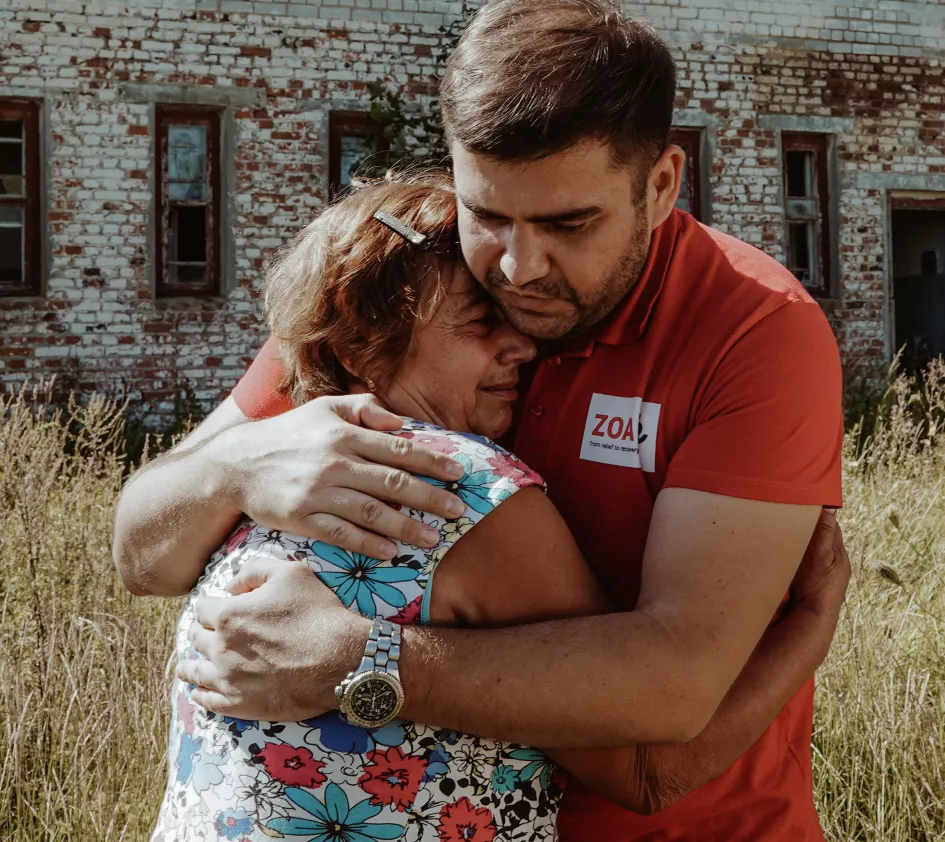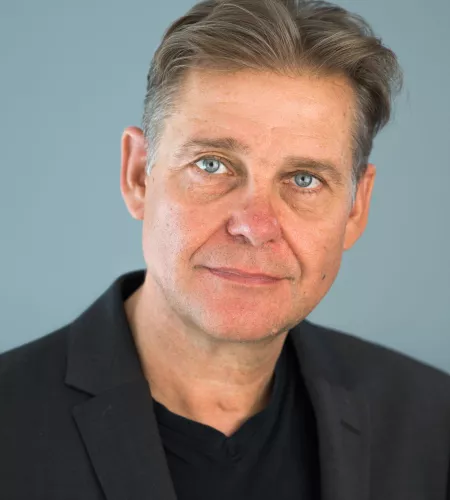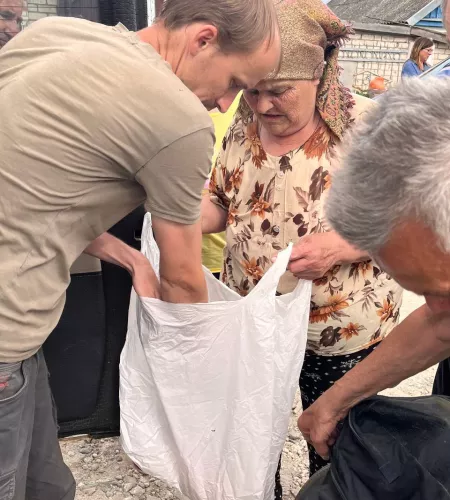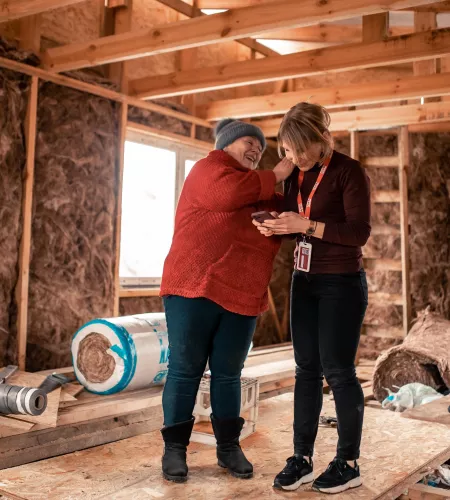1. How are people in Ukraine doing at the moment?
“The reality of life for everyone is overshadowed by the events of war. But there are big differences. ZOA works in Transcarpathia, in the Chernihiv region and in villages near the city of Cherson. Zakarpattia, near the border with Slovakia, is safe and calm. Life goes on as usual. In February last year, the Russians invaded Ukraine via the Chernihiv region. Many family homes were badly damaged there. Finding work is difficult and people here need support. In Cherson, in the very south, many residential buildings and schools have also been destroyed. The city was only liberated a few months ago and still suffers from shelling almost every day.”




